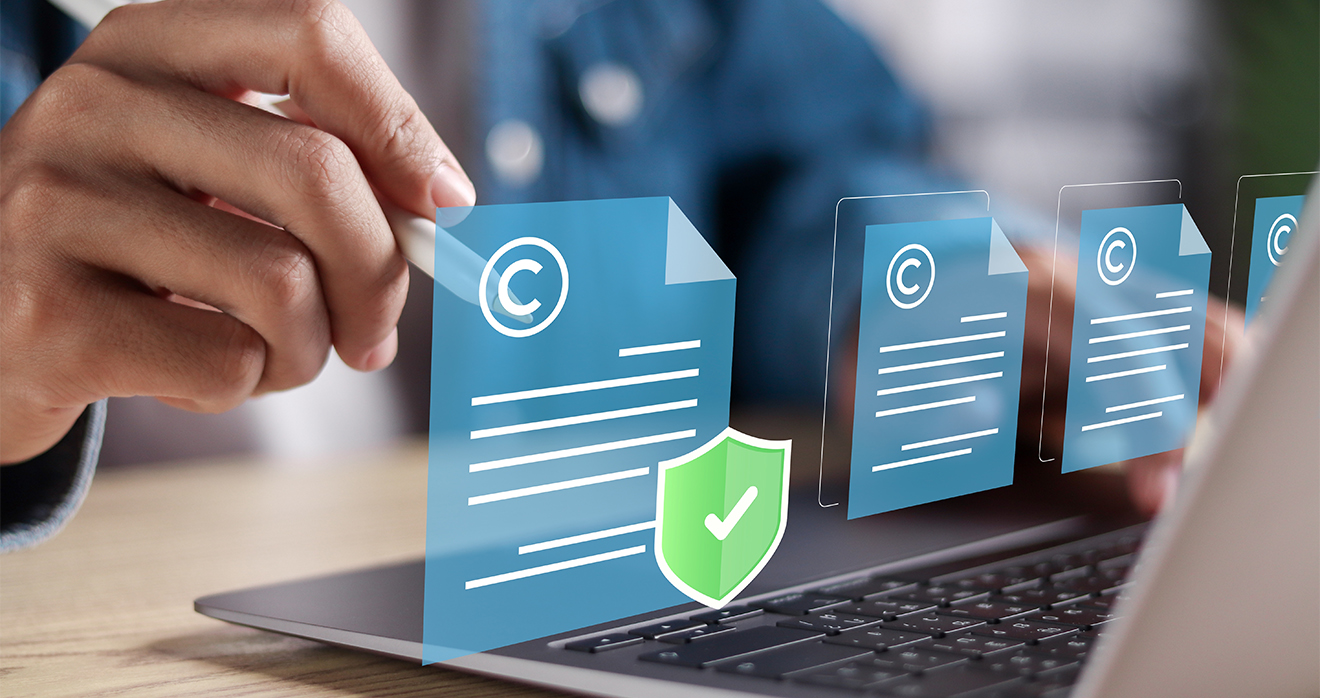Crypto assets and insolvency. What is the law and how is it changing?

Digital assets like crypto currency have moved from the periphery into the financial mainstream, with 7 million adults in the UK (representing 12% of the population) now holding some form of crypto assets. Furthermore, tangible assets are more regularly purchased from wealth generated from crypto assets or even, actually purchased with crypto currency.
With the increase of 420% of insolvencies where crypto has been identified as an asset in the last five years and, over £500,000 worth of crypto assets identified in the last year alone[1] being able to identify crypto assets and their use and to know what to do when you do, is becoming more and more important for Insolvency Practitioners and those working alongside them. Recognising this, the Insolvency Service has recently appointed its own dedicated crypto specialist to help recover online assets such as Bitcoin[2]
What is the legal definition of digital assets?
A digital asset is anything that exists in a digital format, it is identifiable, has value, can be owned, can be transferred, traded or exchanged. This very broad definition captures many things but for the purposes of this piece, we are talking about cryptocurrencies. These don’t exist in the form of notes or coins, aren’t controlled by any one organisation, such as a bank or government and, are not currently regulated in the UK. Bitcoin is the best-known cryptocurrency, and the first decentralised currency created 16½ years ago. Other variations since include Ethereum, Tether and XRP.
The Government has, in its Policy paper: Economic Crime and Corporate Transparency Act: Cryptoassets, helpfully set out a list of key terms and definitions Economic Crime and Corporate Transparency Act: cryptoassets – key terms and definitions – GOV.UK
What is the legal position with digital assets?
As a digital asset is virtual it does not neatly fit into being either:
(a) a chose (thing) in possession, or
(b) a chose (thing) in action”
the two types of ‘things’ that are currently classed as ‘property’ in UK statutory law.
Therefore, as the world of digital assets has developed and continues to do so at breakneck speed, the law had to adapt and develop and, will need to continue to do so.
On 12 September 2024, in a response to the Law Commission’s 2023 report on digital assets, the Property (Digital Assets etc) Bill was officially published. This is currently at the Commission Stage in the House of Commons. Once passed, certain digital assets will be classed as property under statutory law.
Until then and if the type of digital asset is not caught by the statute once passed, one has to look at the common law position on what amounts to property including the well-known test for rights capable of being admitted to the category of property in National and Provincial Bank v Ainsworth [1965] 1 AC 65, i.e. a right that is: (1) definable, (2) identifiable by third parties, (3) capable in its nature of assumption by third parties, and (4) has some degree of permanence or stability.
This test was applied by the Judge in the recent case of D’Aloia v Persons Unknown [2024] EWHC 2342 (Ch)[4] where the High Court found, for the first time at a trial that, crypto assets (in this case Tether) constituted property. Here, the Judge found that with crypto assets being “not merely the data but the combination of the data and the transactional functionalities related to it” gives the expectation needed that crypto asset transactions will be honoured in sufficient form to attract property rights. The whole judgment makes for a good read and, whilst the claim failed on its facts and therefore the court’s comments were strictly obiter, this case demonstrates role of the Courts in clarifying the laws of this country when asked to do so.
Why does it matter whether cryptocurrencies are property?
In the case of insolvent estates, being able to obtain proprietary relief provides an Office Holder with a much stronger position. Cryptocurrency might appreciate significantly in value during the time the estate is out of possession. Therefore, if cryptocurrency now belonging to the estate has been removed/taken improperly, rather than having to seek damages and engage in arguments over the quantum of loss, the Office Holder could look to obtain a proprietary injunction requiring the specific crypto to be returned.
So, how do you identify it?
In the same way that other assets are identified by investigating the records, questioning the directors, bankrupt or other related/relevant parties and obtaining disclosure of relevant information. That includes utilising the provisions of the Insolvency Act to do so and, where necessary, obtaining an Order of the Court.
It should now be standard practice to include questions for directors or bankrupt individuals as to whether they own or have owned any digital assets and to request the relevant information to enable the IP to promptly access and secure those assets. As with other assets, some directors and bankrupts may seek to avoid disclosing the existence of digital assets particularly if they believe the Practitioner is not knowledgeable and some digging may be required. That could include:
- Searching hard and electronic copy files for any 2 or 24 alphanumeric codes and/or phrases stored which could well be the private key to access a wallet and ‘seed phrase’ being a security measure enabling access in the event that the key was lost.
- Searching bank statements for financial transactions linked to digital asset exchange.
- Searching computers, phones and storage devices which may show a history of search references to digital assets, apps on mobile phones from which further investigations can be conducted, or details of assets stored in storage devices.
- Sending letters to cryptocurrency exchanges to request confirmation as to whether the company or individual owns any wallets on the exchange and if so, for key details and to temporarily freeze any wallets identified. There are hundreds of them so you may wish to start with the main ones.
What do you do if you locate crypto?
The most important thing is to act quickly.
If you have managed to identify the keys or seed phrase, you should be able to access the wallets and take steps to protect them from access by others or any disposal while assessing their value and the best way to achieve the best value for the creditors. You may wish to employ an expert to be your custodian/to assist with this as transferring the assets or placing them into a cold wallet have real risks and require costly additional insurance.
If you have identified assets and the exchange but haven’t been able to identify or obtain the keys or seed phrase, you will likely want to apply for a Third Party Order for disclosure against the exchange. If there is risk of dissipation this can be coupled with a freezing order. If you have not been able to identify the exchange, you can obtain these against persons unknown and worldwide.
If the digital assets have been disposed of, this may amount to a void, undervalue or transaction defrauding creditors and action will need to be taken quickly to have the best possible prospects of recovery. You will need to gather the evidence showing the transaction which may require the assistance of tracing experts and, your team (legal, tracing and valuing) will need to work together to form a strategy to take relevant urgent action to seek to recover those assets and pursue those losses to the estate.
Costs
The costs associated with identifying, securing and disposing of digital assets can be significant and this will need to be something that is considered at the outset when preparing an estimate of costs for the creditors. If digital assets are identified, you will also need to consider the cost v benefit of any action. Litigation funders are available but prospects of success and recovery prospects will need careful consideration.
As stated at the outset and as the recent figures provided by the Insolvency Service support, if you have not yet had to deal with digital assets in an insolvency, the prospects of you doing so in due course is high. Accordingly, IPs should be reviewing their procedures, insurance coverage and whether they should have a professional digital asset custodian in place now. If digital assets are missed, the IP could be exposed to claims by creditors.
Read more from around RWK Goodman
View more articles related to Dispute Resolution, GDPR, Insolvency and Tech










